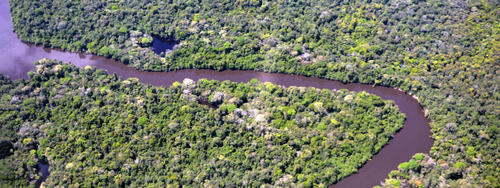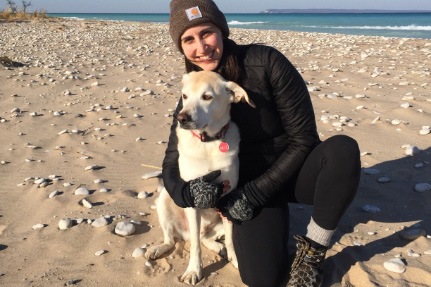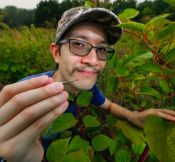
Marissa Milstein: Preventing ’spillover’ in the Amazon
From plague and rabies to Lyme disease and Ebola, nasty pathogens have a long history of jumping from their usual animal hosts to people. A future “spillover” could spark a pandemic to rival COVID-19.
From plague and rabies to Lyme disease and Ebola, nasty pathogens have a long history of jumping from their usual animal hosts to people. A future “spillover” could spark a pandemic to rival COVID-19.
One area at risk for this is the vast Amazon rainforest, which harbors countless species—including diverse wildlife, fish, and even domestic dogs—that could pick up a disease and pass it to humans. That’s a scenario U of M-trained wildlife veterinarian Marissa Milstein is out to short-circuit. She works on emerging infectious diseases at the interface of wildlife and an Indigenous community of Waiwai people, in the far south of Guyana.
“My interest is in looking at pathogen spillover from the hunting and consumption of wildlife,” says Milstein, who is now studying for a PhD in veterinary population medicine in the College of Veterinary Medicine (CVM).
“Millions of tons of wild meat are extracted every year from tropical rainforests,
and wild meat is incredibly important for the subsistence and food security of Indigenous Amazonians.”







